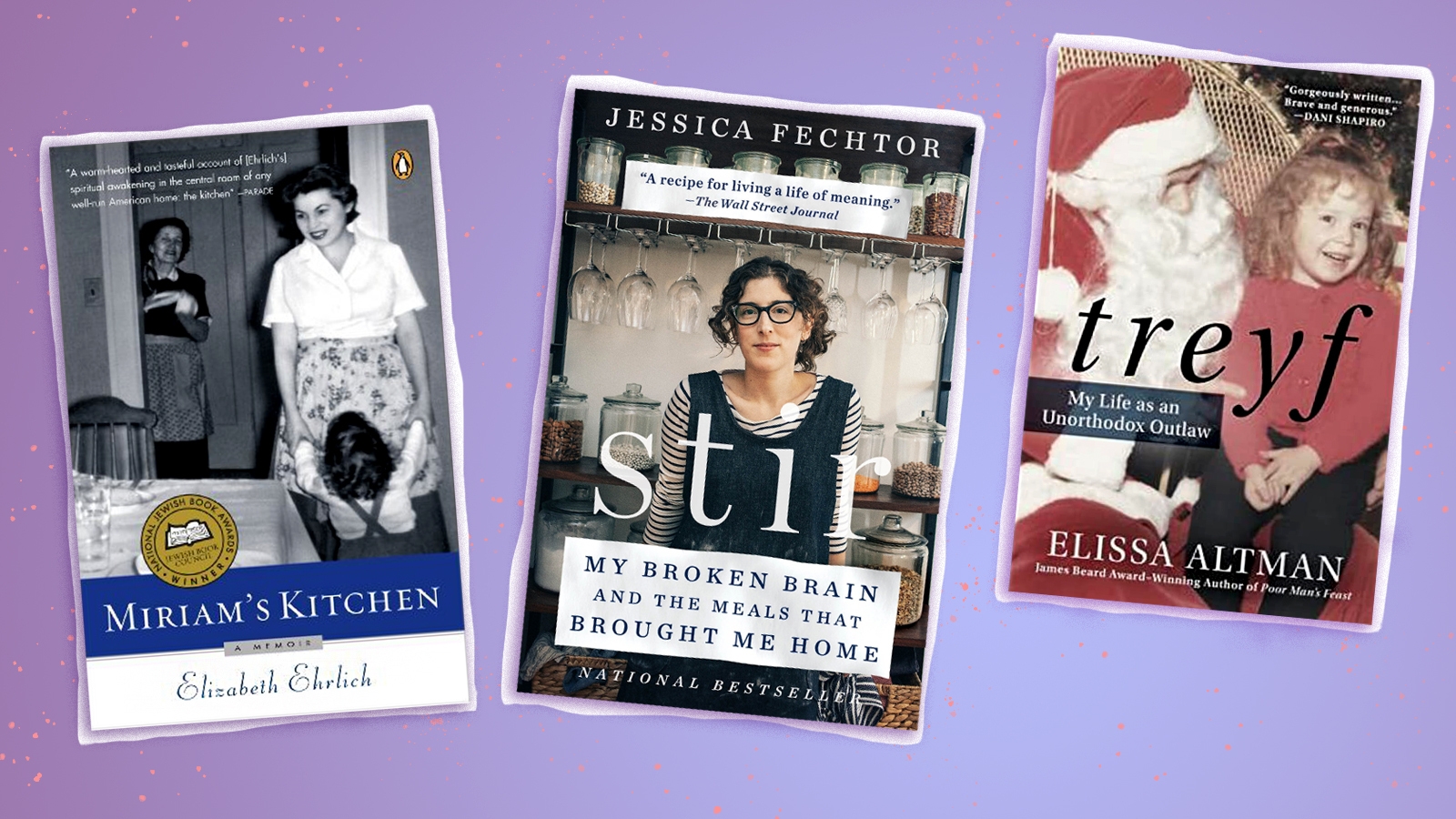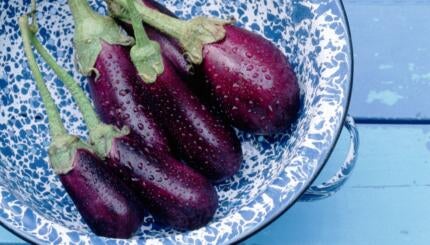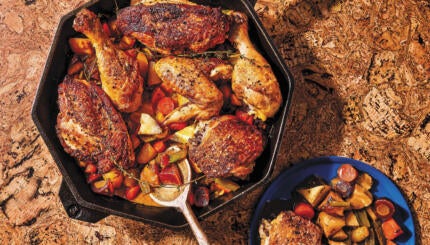Pandemic anxiety alternately renders me hungry as a horse, ready and willing to eat everything in sight, or nauseated to the point of having total uninterest in food. When the latter mood strikes, I turn to food memoirs to whet my appetite by reminding me what’s still good and edible in this world. Here are my five favorite Jewish food memoirs that will nourish your soul and body in these uncertain times.
Stuffed (Patricia Volk, 1998)
Acclaimed food writer Patricia Volk chronicles her culinary remembrances growing up in a large Austrian-Jewish family, many of whose members became seminal figures in the New York food and restaurant scene (her great-grandfather is credited with introducing pastrami to the mainstream). Each chapter conveys in vibrant detail the significance of a series of dishes (chopped liver, sturgeon, butter cookies) in her life and the colorful cast of characters associated with their production.
From My Mother’s Kitchen (Mimi Sheraton, 1979)
The Nosher celebrates the traditions and recipes that have brought Jews together for centuries. Donate today to keep The Nosher's stories and recipes accessible to all.
In this culinary retrospective, former New York Times critic Mimi Sheraton shifts her analytical gaze inward to examine those eating practices and celebratory foods that served as hallmarks of her childhood. Sheraton’s warm and inviting accounts are paired with actual recipes, making it wonderfully easy for readers actually to taste for themselves the mohn kichel (onion biscuits), matzah meal pancakes, and scrambled eggs with nova she cherished in her youth.
Stir, (Jessica Fechtor, 2016)
https://www.instagram.com/p/BDyIbTkJomo/
After suffering a sudden and devastating brain aneurysm at the age of 28, Fechtor struggles to regain her sense of self and adjust to a new normal (sound familiar?) by embracing the cooking rituals she enjoyed in her “old life,” like braiding five-strand challah and preparing sweet potato curry latkes for Hanukkah. This book is a delicious portrait of a courageous young woman who describes her medical challenges with brutal honesty yet unyieldingly grace.
Miriam’s Kitchen (Elizabeth Ehrlich, 1998)
Ehrlich’s narrative will readily strike a chord if “it’s complicated” summarizes your feelings about your relationship to Judaism and your family. While listening to stories of life in war-ravaged Poland told by her mother-in-law, a Holocaust survivor, as they prepare kosher repasts, the author begins to re-examine her assumptions regarding her own cultural and religious identity.
Tref: My Life As An Unorthodox Jew (Elissa Altman, 2016)
https://www.instagram.com/p/BvtnKiLBmQl/
As its title suggests, this memoir documents in relatable fashion the opposing religious and secular prescriptive forces in the author’s Jewish youth as manifested in dietary and consumption patterns. Altman wrestles with expectation versus reality (synagogue one day, shellfish the next) against a backdrop of post-WWII Queens, eventually coming to terms with the imperfect balance of how and what is considered acceptable (and appetizing) among her different social circles.



